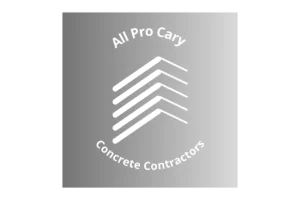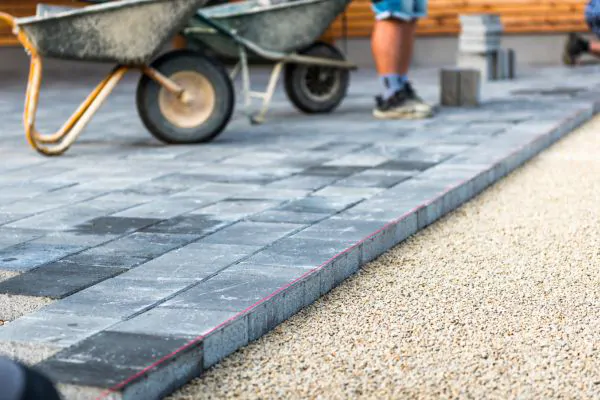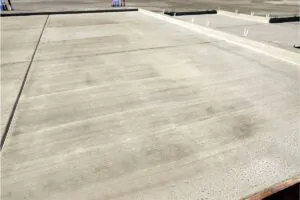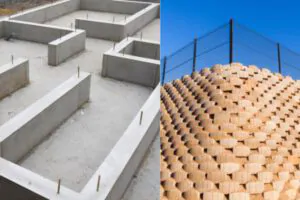When it comes to constructing a durable and long-lasting driveway, one crucial factor to consider is the thickness of the concrete. A well-designed concrete driveway ensures a smooth surface for your vehicles and the ability to withstand the test of time and various weather conditions. In this article, we will explore the recommended concrete thickness for driveways, the importance of adequate thickness for durability, and how to determine the suitable concrete thickness for your driveway.
Recommended Concrete Thickness for Driveways
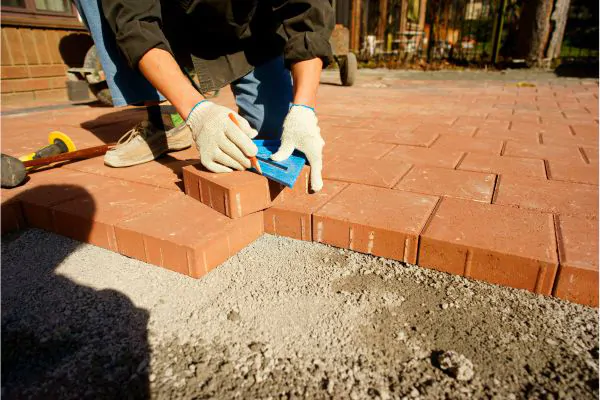
For residential driveways, the generally recommended concrete thickness is four inches. This thickness is considered sufficient for supporting regular passenger vehicles and light trucks without any issues. However, if your driveway will be subjected to heavier loads, such as RVs or commercial vehicles, you may need to consider a thicker concrete layer to ensure its stability and longevity.
Importance of Adequate Concrete Thickness for Driveway Durability
The thickness of the concrete directly impacts the durability and lifespan of your driveway. A well-designed and adequately thick concrete driveway can endure heavy traffic, resist cracking, and minimize the risk of premature damage. On the other hand, a driveway with insufficient concrete thickness may develop cracks and structural issues over time, leading to costly repairs and frequent maintenance.
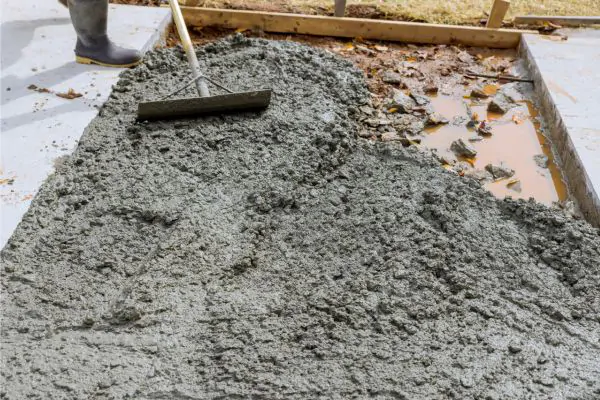
A thicker concrete layer provides better load-bearing capacity, spreading the weight of vehicles more effectively. This prevents the formation of stress points that can lead to cracks and uneven settling. Additionally, a properly thickened driveway will have a stronger resistance to freeze-thaw cycles and soil movements, which are common causes of concrete damage.
Advantages of Having the Right Thickness of Driveway
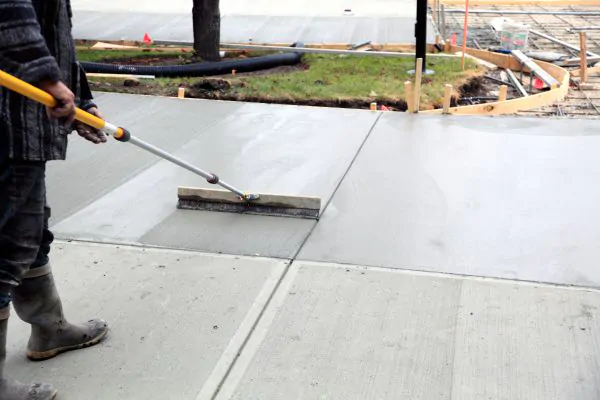
Having the adequate concrete thickness for driveway durability comes with several advantages that contribute to the long-term performance and functionality of the driveway. Let’s explore some of these benefits:
· Enhanced Load-Bearing Capacity – Adequate concrete thickness provides better load-bearing capacity, allowing the driveway to support the weight of vehicles without experiencing structural issues.
· Improved Durability – Thicker concrete enhances the overall durability of the driveway. It can withstand the wear and tear of daily vehicle traffic, resist damage from harsh weather conditions, and remain structurally sound for an extended period.
· Resistance to Cracking – With proper thickness, the concrete driveway becomes more resistant to cracking.
· Reduced Maintenance Costs – An adequately thick concrete driveway requires less frequent maintenance and repairs.
· Longer Lifespan – The right concrete thickness increases the lifespan of the driveway. A well-constructed and properly thickened driveway can last for decades, providing reliable service to homeowners.
· Stability in Freeze-Thaw Cycles – Thicker concrete has better resistance to freeze-thaw cycles. In colder climates, where water can freeze and expand, an adequately thickened driveway minimizes the risk of damage caused by freezing and thawing.
· Peace of Mind – Homeowners can enjoy peace of mind knowing that their driveway was built to withstand daily use and various environmental factors.
Related article: 3 Benefits of a Concrete Driveway
Determining the Suitable Concrete Thickness for Your Driveway
To ensure the longevity and functionality of your concrete driveway, you need to consider several factors when determining the appropriate thickness:
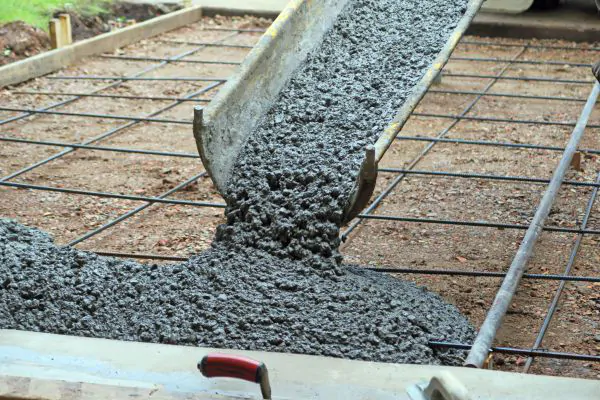
1. Traffic Load
Evaluate the type of vehicles that will regularly use the driveway. If it will primarily support personal vehicles, the standard 4-inch thickness should suffice. However, if there will be occasional heavier vehicles, consider increasing the thickness accordingly.
2. Soil Conditions
Soil stability is essential for a durable driveway. If your soil has poor load-bearing capacity, you may need to increase the concrete thickness or use reinforcement techniques like steel mesh or rebar to strengthen the driveway’s foundation.
3. Climate
Regions with frequent freeze-thaw cycles require thicker concrete to withstand the expansion and contraction caused by temperature changes.
4. Drainage
Adequate drainage is crucial to prevent water from pooling on the surface of the driveway. Properly designed slopes and drainage systems will reduce the risk of water-related damage.
5. Construction Quality
Hiring a reputable concrete contractor for the installation is vital. Skilled professionals will ensure that the concrete is properly mixed, poured, and cured to achieve the desired strength and durability.
Choosing the Appropriate Concrete Thickness for Your Driveway
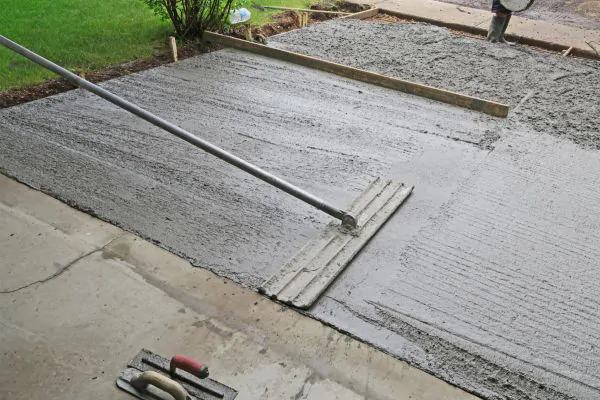
When planning to install a concrete driveway, don’t compromise on the thickness. Investing in a well-designed and adequately thick concrete surface will pay off in the long run, saving you from frequent repairs and replacements. Consider your specific needs, consult with a professional concrete contractor, and take into account the factors that may affect the driveway’s durability. A well-built concrete driveway not only adds value to your property but also provides a smooth and reliable surface for years to come.
Premier Concrete Building Contractor in Cary, NC
Build concretes that can stand the test of time with All Pro Cary Concrete Contractor! Our work is the foundation of our client’s trust in us, so we make sure every project is carried out with precision and care. Experience our concrete building services today!
